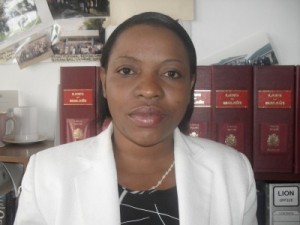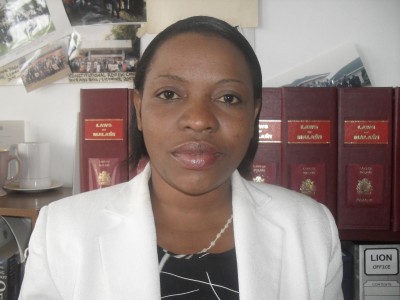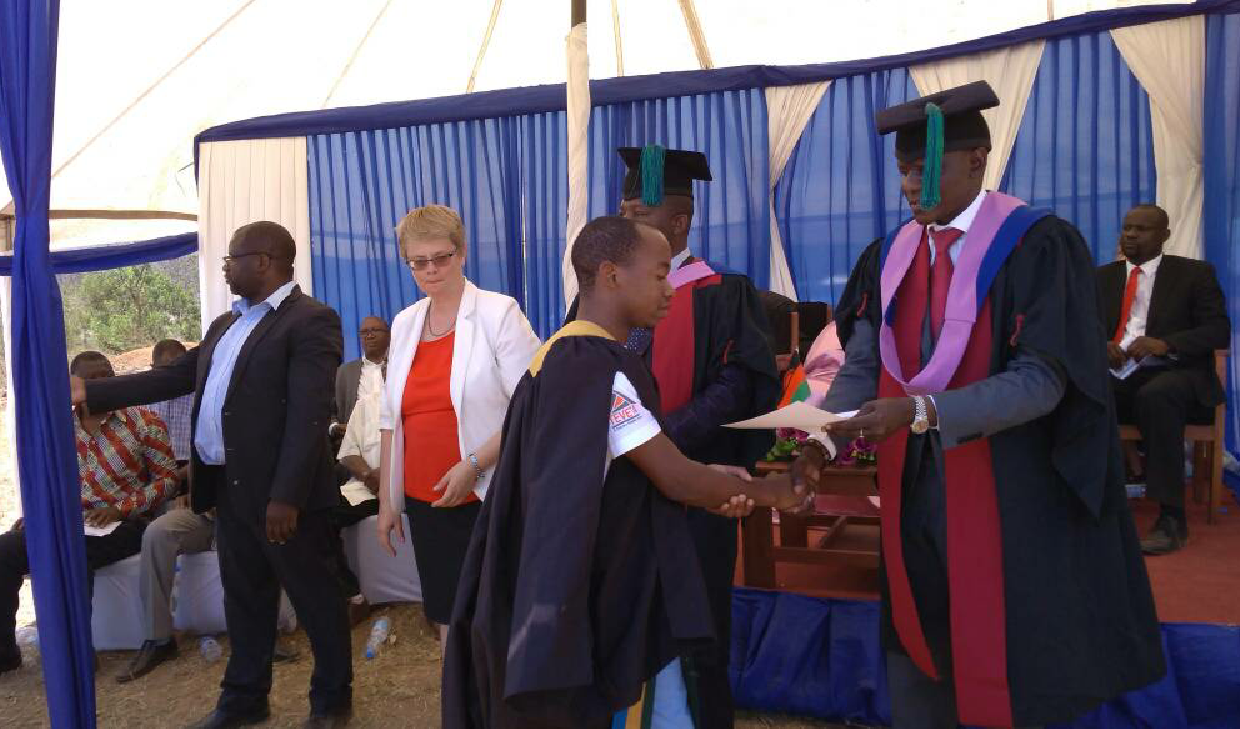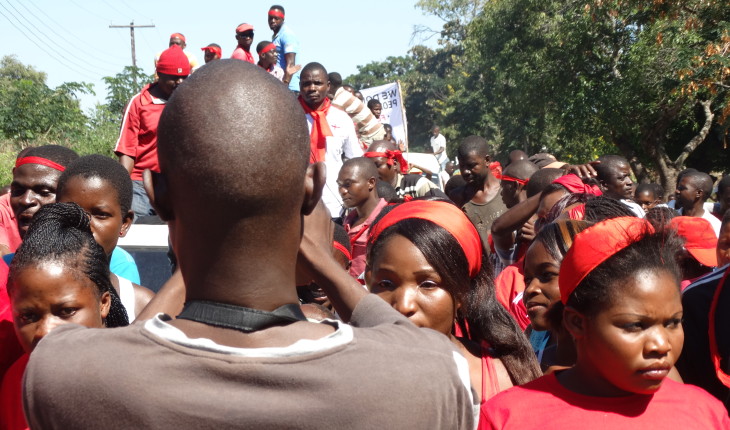
The case in which the Malawi Human Rights Commission (MHRC) is challenging the enactment of a piece of legislation that empowers a cabinet minister to ban any publication viewed against public interest, reached a crucial stage on Friday, 9 July 2011.
In his ruling the judge said the case should be treated as a constitutional matter for both parties to give substantive arguments.
Among other things the attorney general wanted the chief justice to dismiss the matter saying MHRC had no sufficient interest (locus standi) describing them as strangers to the case.
No legal sense
Justice Munlo however laughed off this argument saying that it had no legal sense at all because the MHRC has mandate under the country’s laws to protect human rights under the Republican Constitution.
“MHRC had sufficient interest to pursue the case because the Section 46 touches on constitutional provisions especially those falling under Chapter IV of the Constitution, which is a Bill of Rights,” he said in his ruling.
He also differed with lawyers from the attorney general’s chambers that his role in the matter was simply administrative and had no discretion over the case as he was merely supposed to certify it.
But Justice Munlo said his decision, after hearing the formal applications, will be final and not appealable in the Malawi Supreme Court or challengeable through a judicial review before three judges.
He said the parties should bring their applications before him after 14 days.
He will then make a final verdict to either certify the media freedom case for review at the constitutional court or not.
Lawyer Chrispine Sibande, who is MHRC deputy director, said the ruling has now opened doors for the organisation considering that the attorney general wanted its total dismissal.
“We will now prepare for a formal application,” he said.
Chief state advocate welcomes ruling
Legal head from the Attorney General Chambers, chief state advocate Dr. Zolomphi Nkowani welcomed the ruling.
His team, which included Principal State Advocate Mphatso Kachule, said their understanding is that the chief justice has only asked them to be there during the formal applications.
“The chief justice did not rule on substantive issues,” said Dr. Nkowani.
Several local and international media bodies that include the Malawi chapter of the Media Institute of Southern Africa and the Media Council of Malawi are on the wings awaiting this ruling to join the case.
When the ruling Democratic Progressive Party (DPP) passed this bill, different sections of the country pleaded with State President Bingu wa Mutharika not to assent to it, but he never heeded as he endorsed a move that did not go down well with the local and international media, foreign governments, donors, rights groups and churches.
Donor aid has been withheld by different donor agencies and foreign governments in an effort to force government to change its position on the matter.





No comments! Be the first commenter?